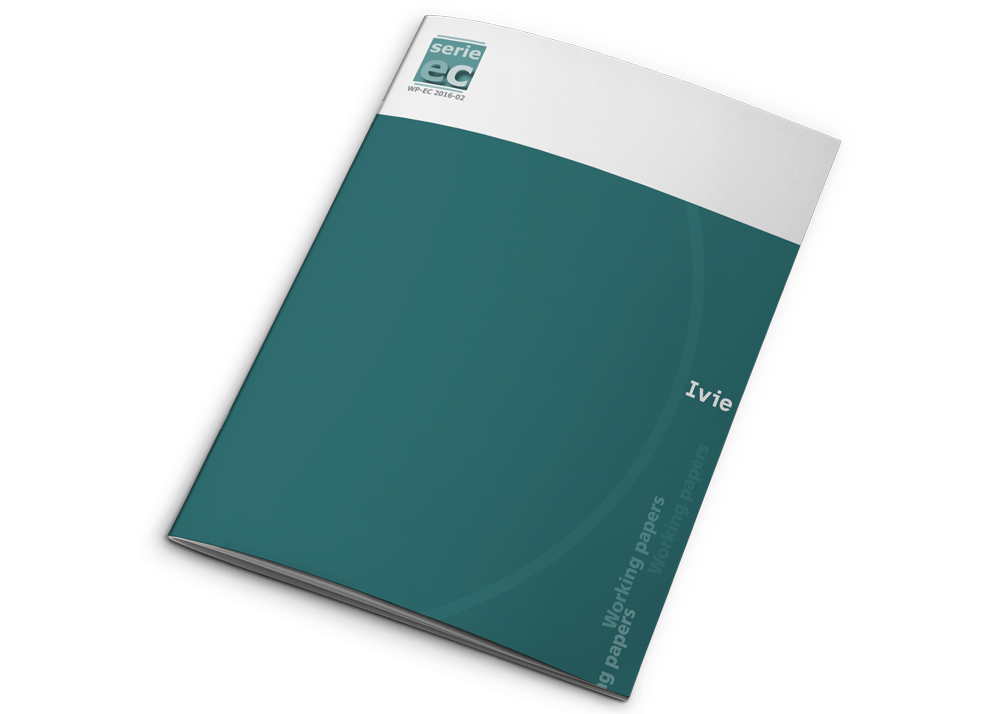Esta web utiliza cookies para que podamos ofrecerte la mejor experiencia de usuario posible. La información de las cookies se almacena en tu navegador y realiza funciones tales como reconocerte cuando vuelves a nuestra web o ayudar a nuestro equipo a comprender qué secciones de la web encuentras más interesantes y útiles.
Publications

WP-EC 2011-01
Valor de marca colectiva: aproximación desde el enfoque de la eficiencia
Sellers, R. and Mas, F.
Year of publication: 2011
Keywords: Collective brands, efficiency, collective reputation, free-riding, wine sector.
Abstract
The aim of this study is to analyse the efficiency of companies forming collective brands in the experience goods sector. The central hypothesis is that collective brands have a positive impact on the efficiency of their member companies and that this is because collective reputation encourages efficient investment in quality. However, a company’s incentives to invest efficiently in quality as part of a collective brand are also affected by the opposing effect of free-riding, whose interaction with reputation is moderated by the characteristics of the collective brand and by those of the company itself. The methodology applied to test these hypotheses is based on Data Envelopment Analysis (DEA) to estimate efficiency, and econometric models to explain company efficiency through the characteristics of the collective brand and the company. The results obtained in the Spanish winery sector show that collective brands have a positive impact on efficiency, which is moderated by the size of the collective brand, with an inverted U-shaped curvilinear relationship. Additionally, the production volume of the collective brand and the size of the wineries have a moderating effect on the impact of the size of the collective brand on efficiency. In general, the results reveal the importance of collective brands in industries in which the signal of quality is not only reliant on the individual brands.


